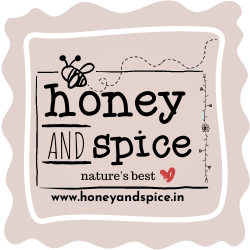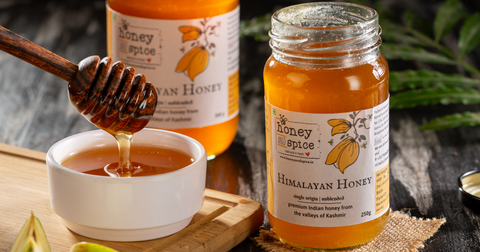Stories from the Hive
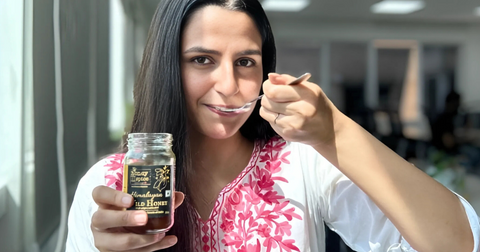
Just one spoonful of Honey is packed with health benefits. Honey contains carbohydrates in the form of glucose and fructose, along with small amounts of essential vitamins, minerals, proteins, and enzymes.
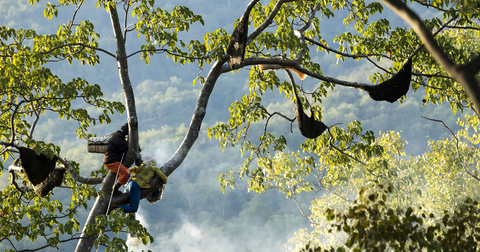
Wild Honey is a natural sweetener bees produce as they collect nectar from wildflowers and plants in their natural environment. This type of Honey is typically gathered by tribal communities or small-scale farmers who use traditional methods of harvesting without disturbing the bees. While cultured honey undergoes a refining process before being bottled. Bees are managed by beekeepers in controlled environments. These bees are often fed sugar water during off-seasons, and the Honey is sometimes processed to ensure longer shelf life.
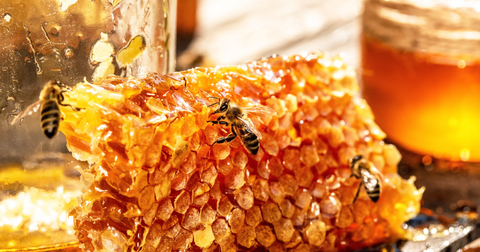
Honey is generally safe and beneficial, some people might experience allergic reactions to it. While honey can cause allergies, The main culprits behind honey allergies are the pollen, bee proteins, and plant allergens found in it, not the honey itself. Pollen from flowers can end up in the Honey and may trigger allergic reactions in individuals who are sensitive to pollen, bee proteins, or plant allergens.

Honey has long been celebrated for its diverse medicinal properties, making it a valuable natural remedy. Its effectiveness comes from its antibacterial and anti-inflammatory qualities, which are attributed to its low water content, acidic pH, and the presence of hydrogen peroxide. These qualities helps in relief for coughs, colds, sore throats and others
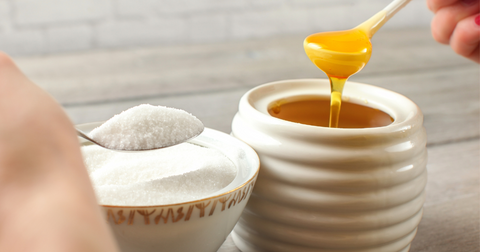
Honey has advantages beyond just taste. Honey is a natural sweetener with a rich history in various cultures for its medicinal and nutritional properties. Unlike refined sugar, which is highly processed and stripped of nutrients, Honey retains many beneficial compounds like antioxidants, enzymes, and trace minerals.
